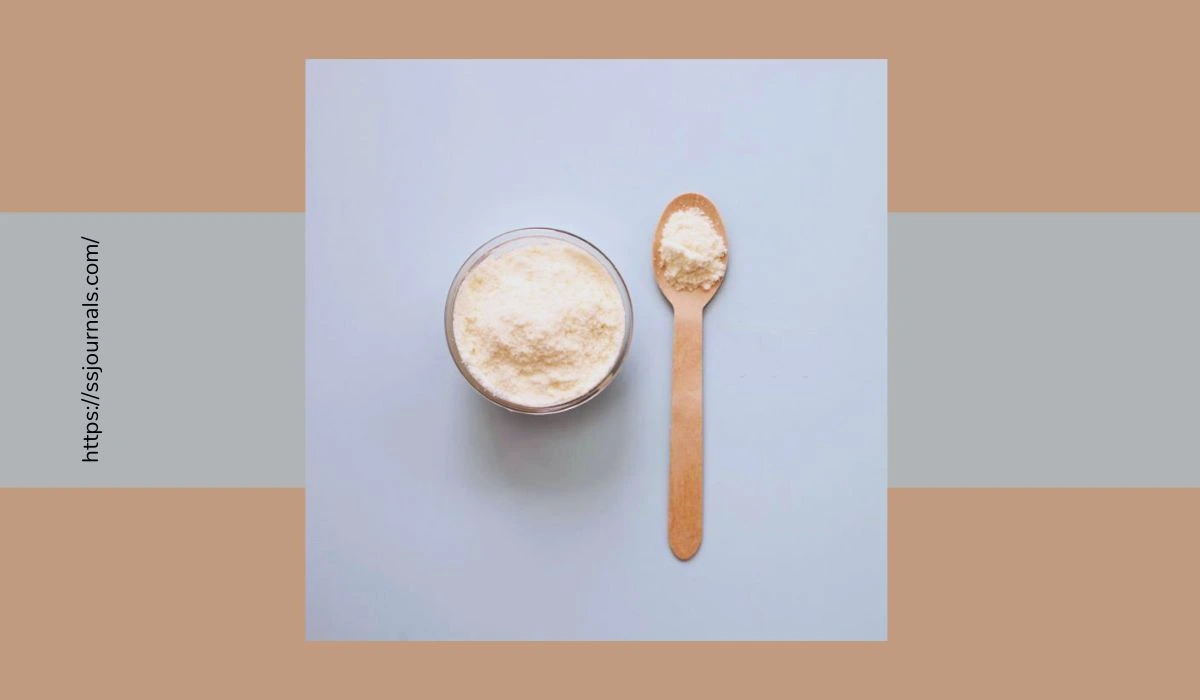Protein powder has become an increasingly popular dietary supplement, especially among athletes and bodybuilders looking to build muscle mass. But is gulping down large amounts of protein powder actually good for your overall health? There are pros and cons to consider when deciding if protein powder fits into a healthy lifestyle.
Is Protein Powder Good For Health?
Used correctly, protein powder can be a convenient way to help meet daily protein needs. The recommended daily intake of protein is 0.8 grams per kilogram of body weight, or about 56 grams for the average sedentary man and 46 grams for the average sedentary woman.

Athletes or very active individuals may need up to twice as much protein. Protein plays important roles in building and repairing muscles and bones, providing energy, boosting immunity, and more. Without adequate protein intake from whole food sources like meat, dairy, eggs, and legumes, protein powder can help fill the gap.
Whey and casein, milk proteins extracted from dairy, make up many common protein powders. They provide all the essential amino acids needed to synthesize new proteins. Plant-based protein powders, derived from sources like peas, rice, hemp, and soy, can also provide sufficient amino acids as long as they contain a blend of different proteins.
When used as directed along with a balanced diet, protein powders can improve muscle development, aid post-workout recovery, and help maintain healthy body composition. Protein powders are absorbed and utilized efficiently by the body. However, they should not replace whole foods which provide additional nutrients not found in pure protein alone.
Benefits Of Protein Powder
Here are some of the top evidence-based benefits associated with protein powder supplements:
- Increases muscle mass gains from resistance training. Consuming protein powder immediately before or after workouts allows muscles to repair and grow faster.
- Improves satiety and reduces appetite. Protein stimulates the release of satiety hormones. This leads to feeling fuller for longer after drinking a protein shake.
- May support weight loss. Protein requires more calories for the body to digest than carbs or fat. This can boost metabolism. Replacing some meals with protein shakes may aid fat loss.
- Quickly delivers nutrients after exercise. The rapid absorption of amino acids from protein powder speeds up recovery and muscle growth post-workout.
- Improves body composition. More protein intake is linked to greater fat-free mass and less body fat percentage. Protein powder helps achieve higher protein goals.
- Provides convenient nutrition on the go. Protein powder is portable and requires no refrigeration, making it easy to take protein anywhere.
- Allows for dietary customization. Protein powders offer versatility to add protein to smoothies, yogurt, oatmeal, baking, and more.
When combined with strength training and an overall balanced diet, incorporating protein powder can offer benefits related to building muscle, losing fat, improving recovery, and getting adequate protein intake.
Side Effects Of Protein Powder
While protein powder offers benefits, there are also potential side effects to be aware of:
- Digestive issues like bloating, gas, diarrhea, and cramping: These issues most often occur from lactose intolerance or switching protein sources.
- Dehydration: Extra protein increases fluid needs. Not drinking enough water with protein powder may cause dehydration.
- Weight gain: Consuming excessive calories from protein powder on top of normal food intake can lead to weight gain over time.
- Kidney problems: Too much protein long-term puts strain on the kidneys. Those with kidney disease should consult a doctor before using powders.
- Elevated cholesterol: Some proteins may adversely impact cholesterol markers. Monitor cholesterol levels if using protein long-term.
- Acne and skin issues: Certain dairy proteins may increase hormones that stimulate oil production and clog pores.
- Heavy metals or contaminants: Poor manufacturing processes may introduce heavy metals like arsenic, cadmium, lead, and mercury. Only purchase reputable brands.
To avoid potential issues, do not exceed the recommended serving of protein powder, make sure to stay hydrated, and listen to your body’s cues. Consult a doctor if any concerning symptoms arise. When used properly alongside whole foods, protein powders offer essential amino acids to enhance diet and exercise regimens.
Conclusion
Protein powder can make a useful addition to the diets of physically active individuals who already eat a high-protein diet from whole food sources. The convenience, portability, and nutritional benefits of protein powder make it advantageous for many goals like building muscle, losing weight, or recovering from exercise.
However, protein powders should not overtake whole food sources of protein. To prevent potential side effects, appropriate serving sizes must be followed. Those with underlying health conditions or kidney problems should exercise caution with protein supplements.
When used correctly under professional guidance, protein powder offers an efficient way to meet increased protein needs. Moderation and variety remain key to harnessing the benefits of protein powder while minimizing any potential risks.
FAQ
Here are answers to some frequently asked questions about protein powder:
A – The recommended daily serving of protein powder is around 25-30 grams. It’s best to follow serving guidelines on the label of your specific protein powder. Consuming more than 30 grams per serving does not offer additional benefits.
A – The optimal times to drink protein shakes are in the morning to start the day and immediately after workouts to replenish nutrients. Protein shakes can also be used as meal replacements for convenience. Avoid protein shakes right before bedtime as this may disrupt sleep.
A – Yes, excessive protein intake over long periods can potentially lead to dehydration, kidney strain, calcium loss, weight gain, and other issues. Stick within recommended serving sizes and avoid relying solely on protein powder over whole foods.
A – Both offer benefits. Whey protein is absorbed rapidly for quick muscle protein synthesis while plant proteins offer a good option for those avoiding dairy. Choose powders based on individual protein needs and dietary preferences or restrictions.
A – Some whey protein powders may raise hormones that increase oil production and clog pores. Those prone to acne may want to limit or avoid whey protein. Products derived from soy, peas, or egg protein are less likely to cause acne.

